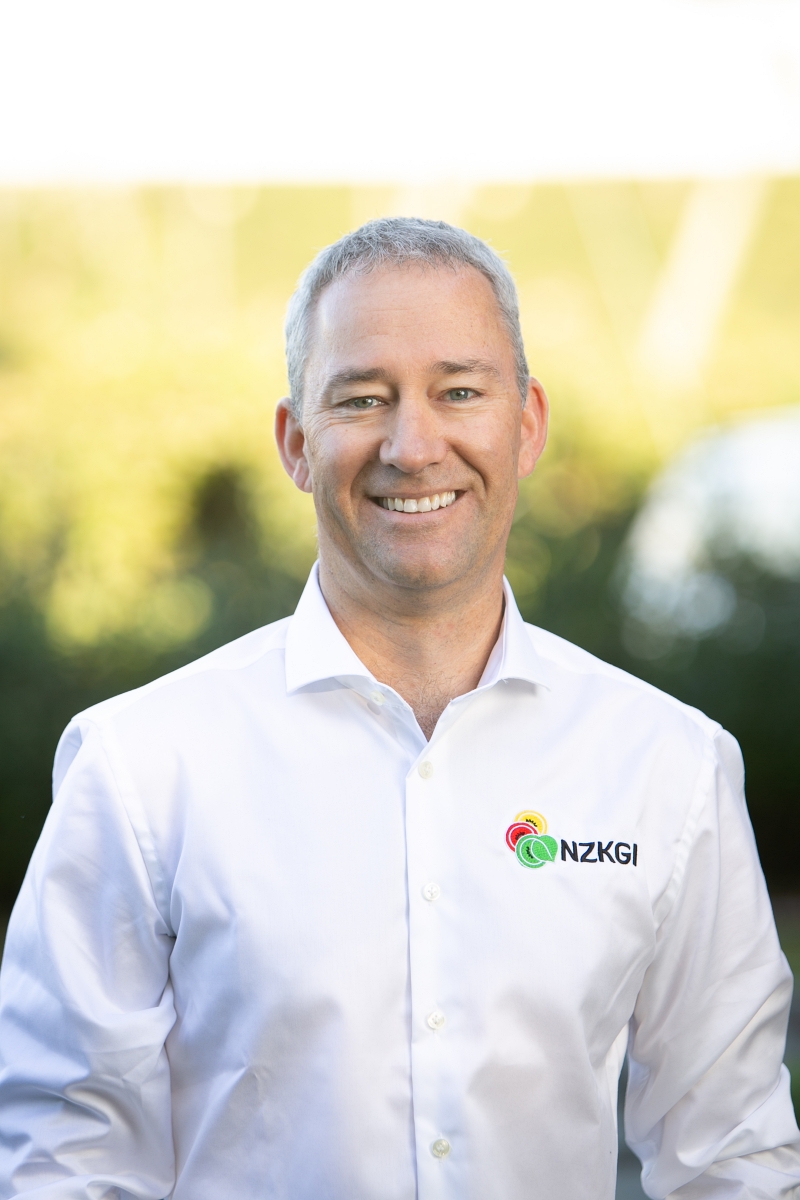SunGold kiwifruit growers are reacting with anger and frustration at latest moves by district councils throughout the Bay of Plenty and beyond to hike rates by 30-50 percent after a recent High Court ruling was upheld.

The increase is being felt this winter as Western Bay of Plenty District Council growers get their final rates valuations which determine rate amounts for the coming three years.
The increase has come about through action taken by Gisborne District Council (GDC) two years ago to have the SunGold kiwifruit licence value included as part of a property’s rateable valuation.
In the past council rates valuations only included kiwifruit vines but did not distinguish between Green and SunGold.
New Zealand Kiwifruit Growers Incorporated (NZKGI) supported court action against the council. The council’s decision to take action against grower Tim Tietjen went as far as the Court of Appeal.
However, the Court of Appeal ruled in early July the GDC’s move was legal and has prompted other councils to continue with ratings charges based on the hike, pushing growers well into double digit rises.
NZKGI CEO Colin Bond said the issue has prompted more calls to the organisation than any other. Grower anger at the move was on the rise as more realised it extended beyond Gisborne to include all key growing areas, but particularly Western Bay where 80% of SunGold fruit are grown.
Opotiki based grower Adrian Gault has kiwifruit interests across the district councils of Gisborne, Opotiki, Whakatane and Western Bay of Plenty. He is anticipating a rates bill almost double that last one now the SunGold licences are included.
Rates on his 4.8ha Opotiki orchard have surged from $8000 a year six years ago to almost $18,000 this year.
“Over the last 10 years the increase amounts to 20% a year, with no additional services provided. It is robbery,” he said.
A spokesman for valuation company QV tasked with revaluing Western Bay properties confirmed the SunGold licence has been included for growers in the district area. As a result SunGold kiwifruit orchards are experiencing a 50% increase in value over the 2019 valuation as a result. This was reported as similar to the growth in urban values.
However, urban ratepayers on average have only experienced a 7% rise in their rates.
Gault said growers are used to accepting they often pay a disproportionate amount of a district’s rates, given the low level of service they may receive in return.
However, the ex-Opotiki District councillor said he was disturbed at the targeted nature of the SunGold licence, and it appeared to be the equivalent of a wealth tax.
However, it was coming at a time when growers were under the hammer with significant rises in costs, static SunGold returns and severely diminished Green returns. He faced losses of almost $400,000 this year across 8ha of Green orchard crop.
Colin Bond said growers have had to accept they have no further legal pathways to oppose the council rates hike, but there were other options NZKGI was encouraging them to pursue.
“Growers can object to councils about their rates valuation of their property and seek a revaluation of it.
“Secondly, we will be approaching councils who have the final decision on how they implement this decision. They do have the opportunity to soften the impact upon growers.”
Adrian Gault said councillors needed to have greater understanding about rates mechanisms before reaching for the simplest, bluntest tool in the toolbox which was an outright rates increase.
“Not enough take the time to examine all the options out there, including targeted charges.”
NZKGI would also be writing to QV, the property valuation company, to better understand how the ruling would be implemented fairly and consistently. The association had received complaints from growers that there were significant inconsistencies in the valuations they had encountered.
But Bond said the court decision also holds significant impacts for other licenced fruit varieties where growers pay a premium for the right to grow that particular fruit.
These included apples in particular, with some varieties including Rocket and Envy worth $80,000-$100,000 a hectare.

















